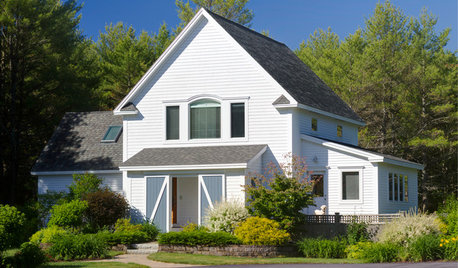I have found it useful to think about the current situation by comparing it to an auction of a fine work of art, say a prized painting of the impressionist era. At the auction, savvy buyers will look at the painting and bid on it based on their knowledge of its worth by comparing it to similar works that were recently sold at auction. And they would take into account its condition, the esteem in which the artist is held among connaiseurs in the art world and any other factors that they think is important -- perhaps expectations that such a piece will increase in value because it is rare, etc.
Based on these considerations, the bidders will make offers in the auction, but then things tend often to get out of control. Bidders may want the piece badly and be willing to pay more than they think it is worth, and sometimes a bidding frenzy starts. By the time it's over, the piece has sold for a lot more than experts expected.
This scenario is not at all unusual, and similar thing happens often in the stock market where a lot of money from a lot of investors get put into the stock market (or particular segments of the market) and before you know it, the stock market is "overvalued." People who own "overvalued" stock don't want new investors to know that it is overvalued because then the new investors will not buy it. So the popular overvalued stocks get bidded higher and higher. Eventually, reality sets in the the bubble bursts. That's the way markets work. And you have to be prepared for periodic adjustments by waiting them out. You cannot "time" the market because it is too unpredictable. No one knows when the market will go up or for how long.
But let's get back to the fine painting scenario for a minute. Suppose in the course of the bidding, a rumor starts that the painting is a forgery, or that the artist is not really as highly esteemed as generally believed. Then the "value" of the piece will plummet, and the auction will fail. It may even devolve into a scandal.
That's what has happened in our markets worldwide. This is, in my opinion, not a "garden variety" bubble, but one based on assets in vitally important investment banks that were misrepresented. These banks are vitally important because they grease the wheels of commerce by lending and borrowing among themselves and to businesses large and small all over the country and worldwide. And much of what they do is based on TRUST, trust in their solvency, and confidence in their ability to pay up if/when push comes to shove. Unfortuantely, many if not most banks in the US and outside the US got caught up in "opaque" instruments, instruments whose value is not transparent. And eventually the bubble burst.
I believe this bubble is different for at least 2 reasons: (1) It is based on fraud, pure and simple--misrepresentations of the true value of instruments.
(2) The fraud was driven by an enormous bubble in the housing market. This is different from a bubble in, say, dotcom stocks or other stocks, because these can be sold quickly on the open market. But a housing bubble involves homes that people live in, and they cannot be easily sold. To complicate matters, many homebuyers made imprudent purchases -- they bought at inflated prices with little or no money down and they took adjustable-rate mortgages that obligated them to make much higher monthly payments 1 to 3 years after they signed up. Then, just as the new monthly payment schedule became reality, the value of their house dropped by 20-50% because the bubble in the housing market burst. So these people are stuck owing more money than their house is worth, and often unable to make the new higher monthly payments. Many of course expected that they would sell their homes at a profit before the new payment schedule kicked in, but of course that did not happen.
Now the mortgages of these houses are given a fake inflated value, when they are often practically worthless. Who owns these mortages? No one knows, or if they know, they're not telling. The mortgages were sliced and diced, combined with other securities in such complicated "sophisticated" ways that no one understands them or can track them down. But what we do know is that this fraud became widespread, while people who should have known better looked the other way. So the banks who own these fancy fraudulent instruments cannot sell them, and the whole financial system on which we depend has come close to a grinding halt.
Four months ago, when I saw that this was not a "garden variety" bubble, I reduced my investments in stocks by half. My only regret is that I didn't reduce them by more. So I am sitting tight with a lot of cash, and plan to start making "periodic installments" into the market to sort of dollar cost average some time soon. As a retired person in my 70s, I am in "wealth preservation" mode. Unlike my son, I do not have 25 years to recover from the present downturn. But I know I need stocks because they compensate for inflation, but I'll watch them very closely and invest in them cautiously.













chisue
marge727
Related Discussions
1st market of the year this Friday and not much to take to market
Q
Current Market downturn
Q
Would you buy in current market conditions?
Q
Difference between current refugee situation in Europe & N. America
Q
fandlilOriginal Author
turnage (8a TX)
chisue
green-zeus
jakkom
punamytsike
chisue